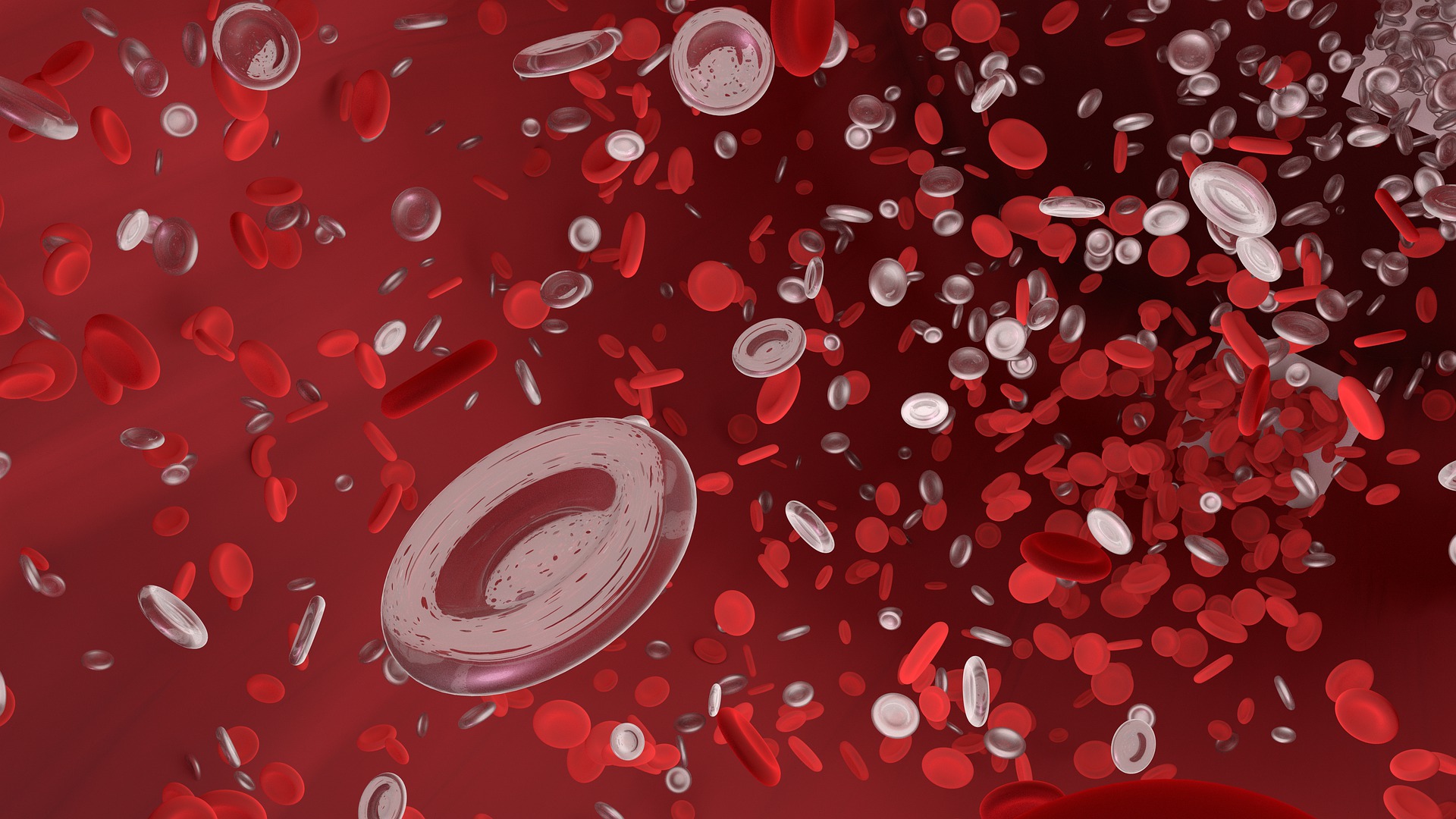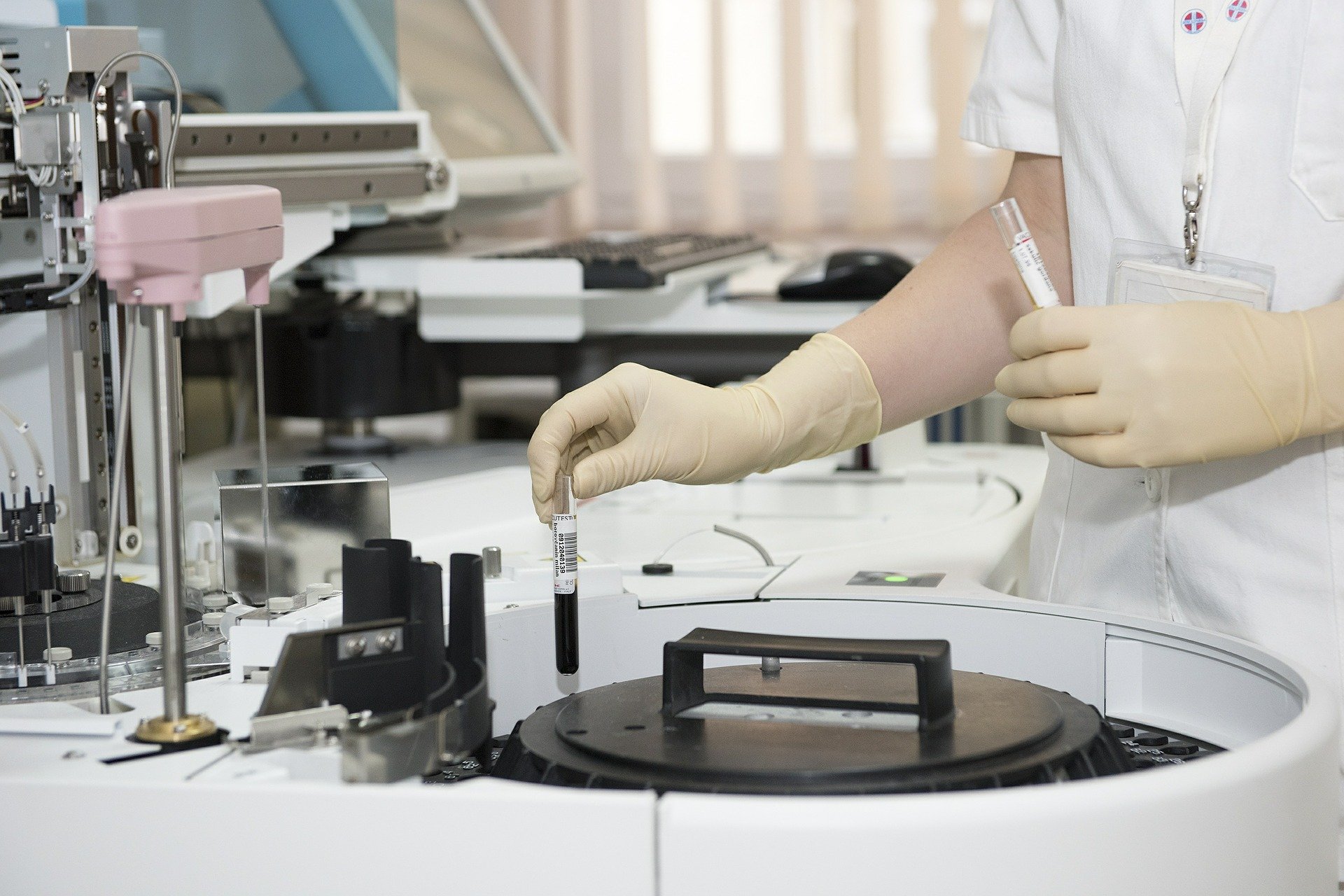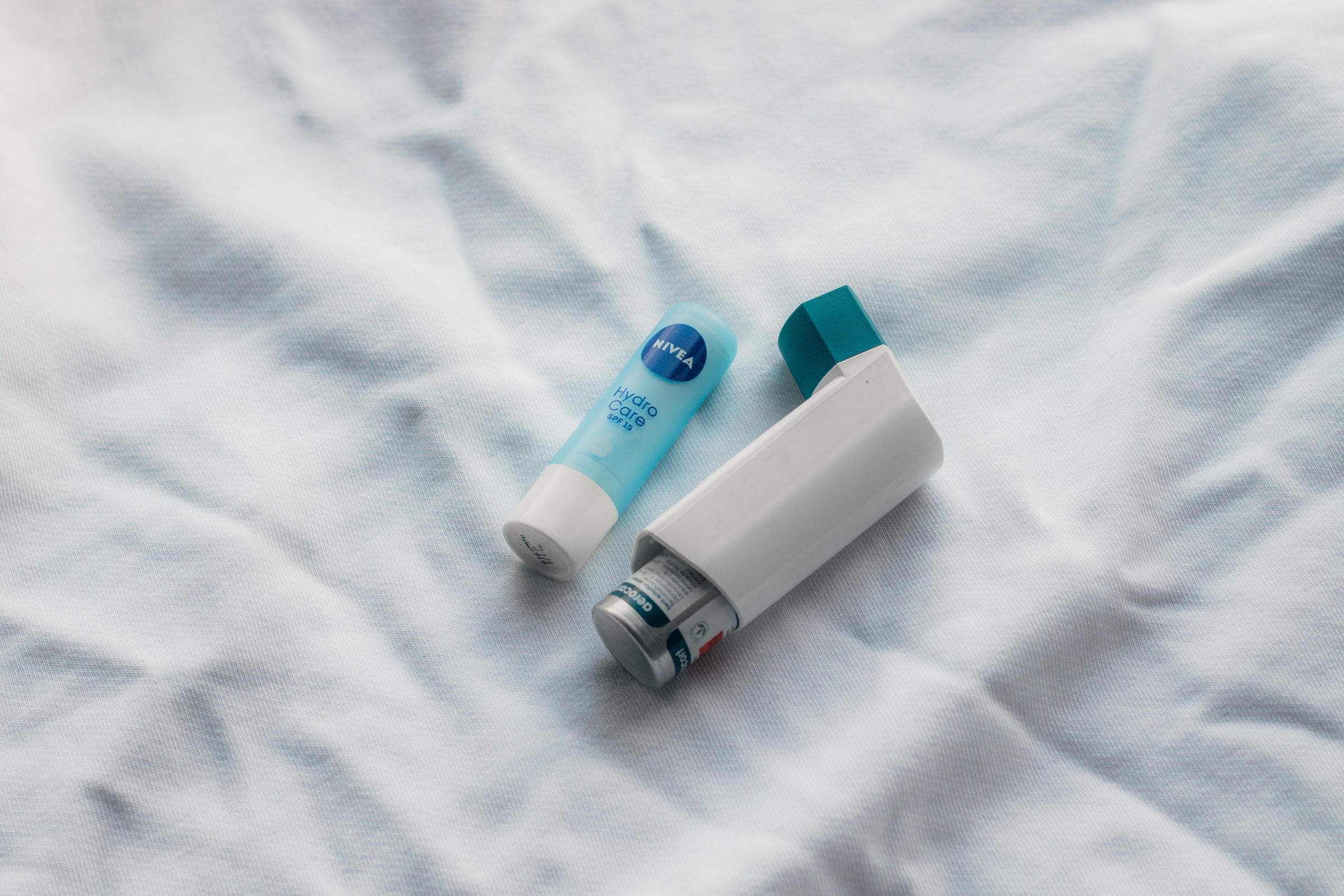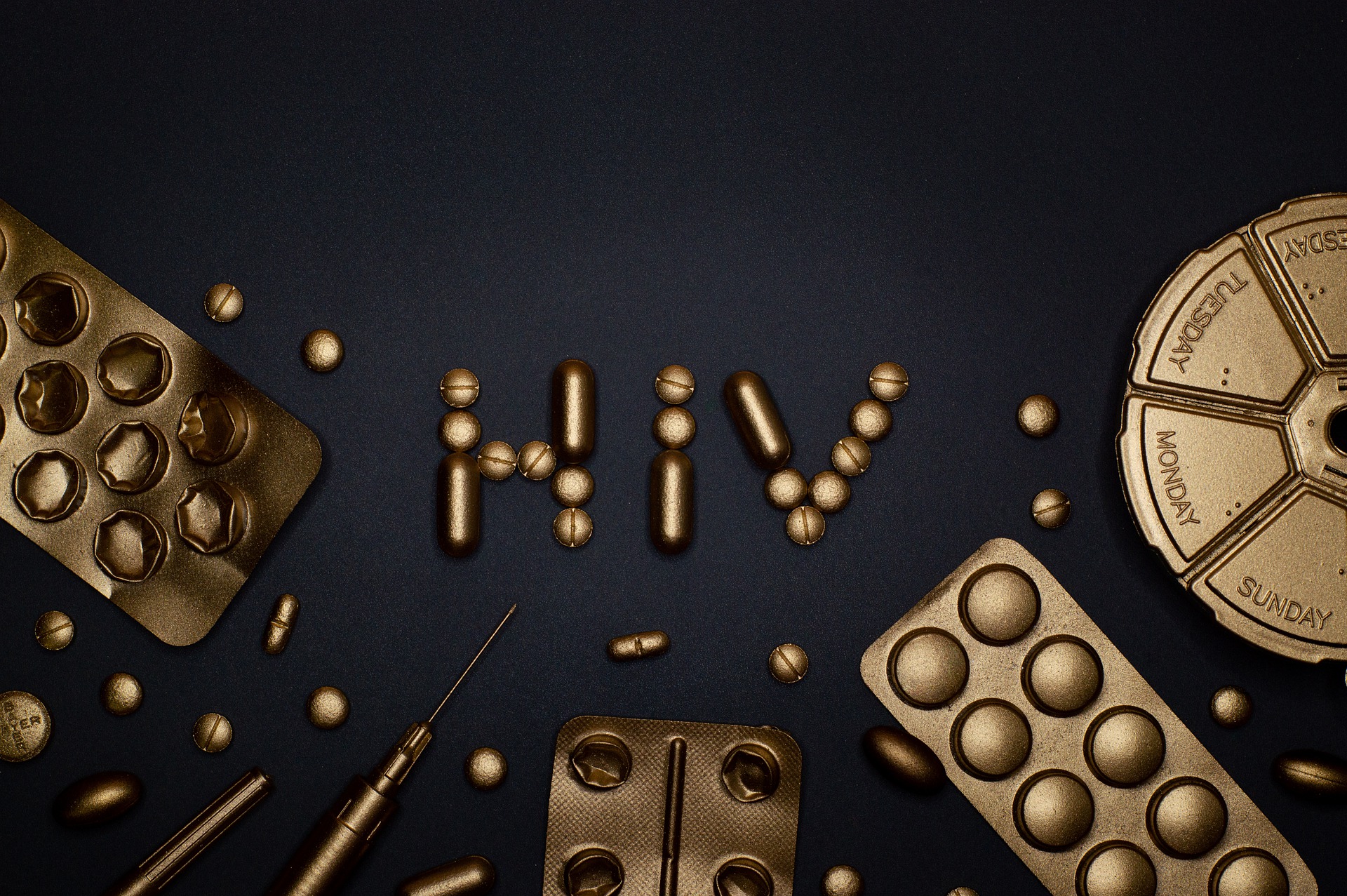The Ridiculous Thorough Guide to HIV (part 2)
In part one of this article, we laid the groundwork on everything you should know about HIV. In this part, we’ll have a more in-depth dive into the subject and look at the different stages of the virus. Knowing your status is power, and so is getting tested. You are not only protecting yourself but your loved ones too. If you are HIV positive, it isn’t something to be ashamed of; it is a badge that you are a fighter and shows that one rock on your way to greatness won’t stop you. So, continue this journey with us and learn more about HIV.
Stages of HIV
The virus typically progresses through three stages if it isn’t detected or treated in time. Treatment for HIV slows down these stages or has even prevented them from happening in some cases. With scientific advances and treatment for HIV, it is very rare that people to get to stage 3 now, but this is not impossible.
Stage one: Acute HIV infection

The person has a large amount of HIV in their blood and they are highly infectious. Some people have flu-like symptoms and this is their body’s way to fight the virus, while others don’t fall sick right away or at all. Acute infection can only be detected by Nucleic Acid Tests (NATs) or antibody/antigen tests. If you feel any flu-like symptoms and recently partook in activities that might have exposed you to HIV, then you should seek medical advice and care.
Stage two: Chronic HIV infection

This is also called clinical latency or asymptomatic HIV infection and is when the virus is still active but is reproducing at a lower rate than stage one. You might not have any symptoms and even fall sick during this phase and if left untreated, this period can last decades or even longer, but this progress might be sooner for some people. During this stage, you can transmit the virus to other people. At the end of the stage, the viral load in your blood goes up while the C4 cell count goes down. As the virus gains traction over your body and moves into stage 3, the person will start to show symptoms. If you are medicated and are following your HIV treatment to the T, then you might never even end up moving into stage 3.
Stage three: Acquired Immunodeficiency Syndrome or commonly known as AIDS

This is the last and most severe stage of the infection. People t this stage have a pretty weakened and badly damaged immune system and are more at risk of contracting severe illness and this is called opportunistic infections. People who are diagnosed with AIDS or have developed certain opportunistic infections have a CD4 cell count of 200 cells/mm or less. People who are diagnosed with this final stage have a high viral load and are very infectious. If they are untreated at this point or refuse to get any help, then people who have AIDS usually survive for only 3 years.
What can prevent HIV?
Well, knowledge is power; this is why I went on a spiel in part one about our schooling system’s inability to teach us properly about sexual health. By stating alert about the symptoms and ways of getting infected, you are staying at the top of your game, and you are protecting yourself and others by getting tested regularly.
1. Always use protection- Even if you are in a monogamous relationship, it is essential to use protection during intercourse to protect you from STIs (Sexually Transmitted Diseases) and, most importantly, HIV. Now, there are even medications like PrEP that you can use, but always remember to be safe whatever you decide to do.

2. Don’t share medical equipment– This is both for medical and hygienic purposes; you wouldn’t want to share your toothbrush with someone else, right? Then, you should also not share your medical equipment. Don’t share needles or razor blades with others, as this can allow blood to travel from one person to the other and facilitates contamination.
3. Get blood tests regularly– As mentioned in part one, you should get checked every year or three to six months if you are a sexually active queer man. Apart from that, if you feel that you might have been infected after a sexual encounter or after you’ve shared needles with some, get tested as soon as possible. The earlier HIV is detected, the earlier it is treated, and you can live your life as normally as before by just taking your medication.

4. If you and your partner are HIV positive, talk to your daughter if you think of getting pregnant. HIV can be passed down from mother to child; however, there are some precautionary measures that can be taken to avoid this, such as taking PrEP. For more information on the matter, talk to your doctor as they are in a better place to advise you.
“HIV does not make people dangerous to know, so you can shake their hands and give them a hug: Heaven Knows they need it”, a quote from Princess Diana. HIV is not something that should stop you from living and enjoying life to the fullest. Sound off in the comment sections below and tell us if you learnt anything new about HIV.
You May Also Like

Top 5 Things To Know About Asthma
2022-06-17
Top 3 Things To Improve Customer Satisfaction In Your Pharmacy
2022-12-27


